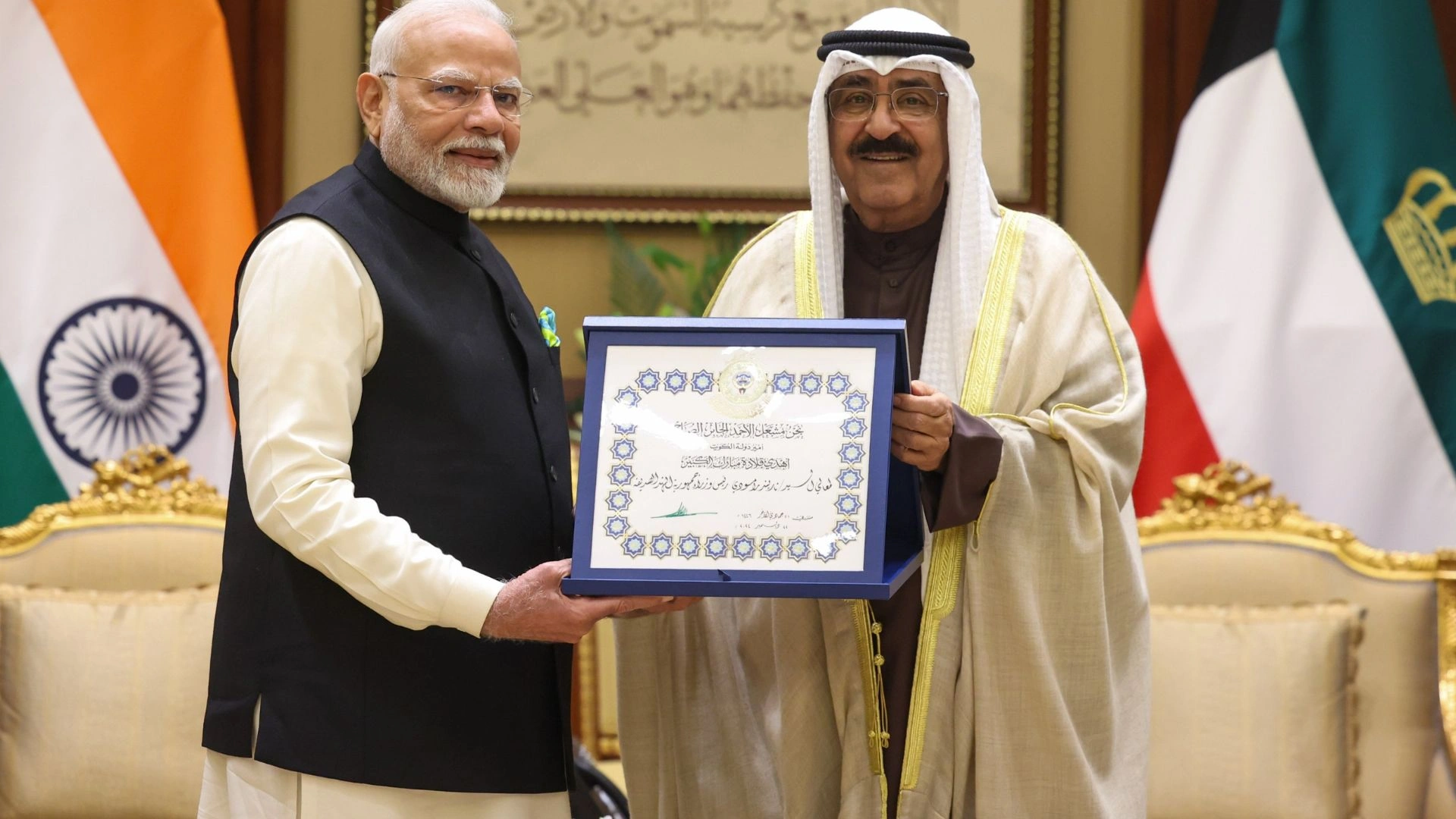In a significant escalation of diplomatic tensions, the Indian government has decided to withdraw its High Commissioner to Canada, Sanjay Kumar Verma, along with other targeted diplomats, following allegations linking them to the killing of Khalistani terrorist Hardeep Singh Nijjar. This decision was announced after Canada identified Indian diplomats as “persons of interest” in the ongoing investigation into Nijjar’s death.
India’s Response to Allegations
The Ministry of External Affairs (MEA) summoned Canada’s Charge d’Affaires to express its deep concerns regarding the Canadian government’s handling of the situation. The Indian government conveyed a lack of faith in the Trudeau administration’s commitment to ensuring the safety of its diplomats, citing an atmosphere of extremism and violence. “We have no faith in the current Canadian Government’s commitment to ensure their security,” the MEA stated.
The allegations made against High Commissioner Verma were dismissed as “ludicrous.” The foreign ministry highlighted Verma’s distinguished career, which spans 36 years and includes previous ambassadorial roles in Japan and Sudan, as well as postings in Italy, Turkiye, Vietnam, and China. The government condemned the claims as a “strategy of smearing India for political gains.”
Context of the Dispute
The rift between the two nations has deepened significantly since Canada launched its investigation into Nijjar’s killing. The Indian government received a diplomatic communication from Canada suggesting that their high commissioner and other diplomats were under scrutiny, leading to an immediate backlash.
In a statement, India labeled the allegations as “preposterous” and unacceptable. It further asserted that it reserves the right to take further action in response to the Canadian government’s perceived support for extremism and separatism against India.
Historical Background
The diplomatic strains are not new. Prime Minister Trudeau has faced criticism for his government’s perceived hostility toward India, especially following a 2018 visit that was intended to win over a specific voter base. The Indian government pointed out that Trudeau’s Cabinet includes members associated with extremist agendas related to India.
In recent years, India has taken steps to limit the number of visas issued to Canadians and had previously forced Ottawa to withdraw some of its diplomats. The latest round of tensions follows a brief meeting between Prime Minister Narendra Modi and Trudeau at the ASEAN Summit in Laos, which reportedly lacked substantial dialogue.
Key Takeaways
With approximately 770,000 Sikhs residing in Canada, India maintains that the core issue is Canada’s tolerance of pro-Khalistani elements operating freely on its soil. Trudeau has reiterated his stance on the matter, signaling that diplomatic relations between India and Canada may remain strained for the foreseeable future. As both governments navigate these complex issues, the implications for international relations and regional stability are significant.

















